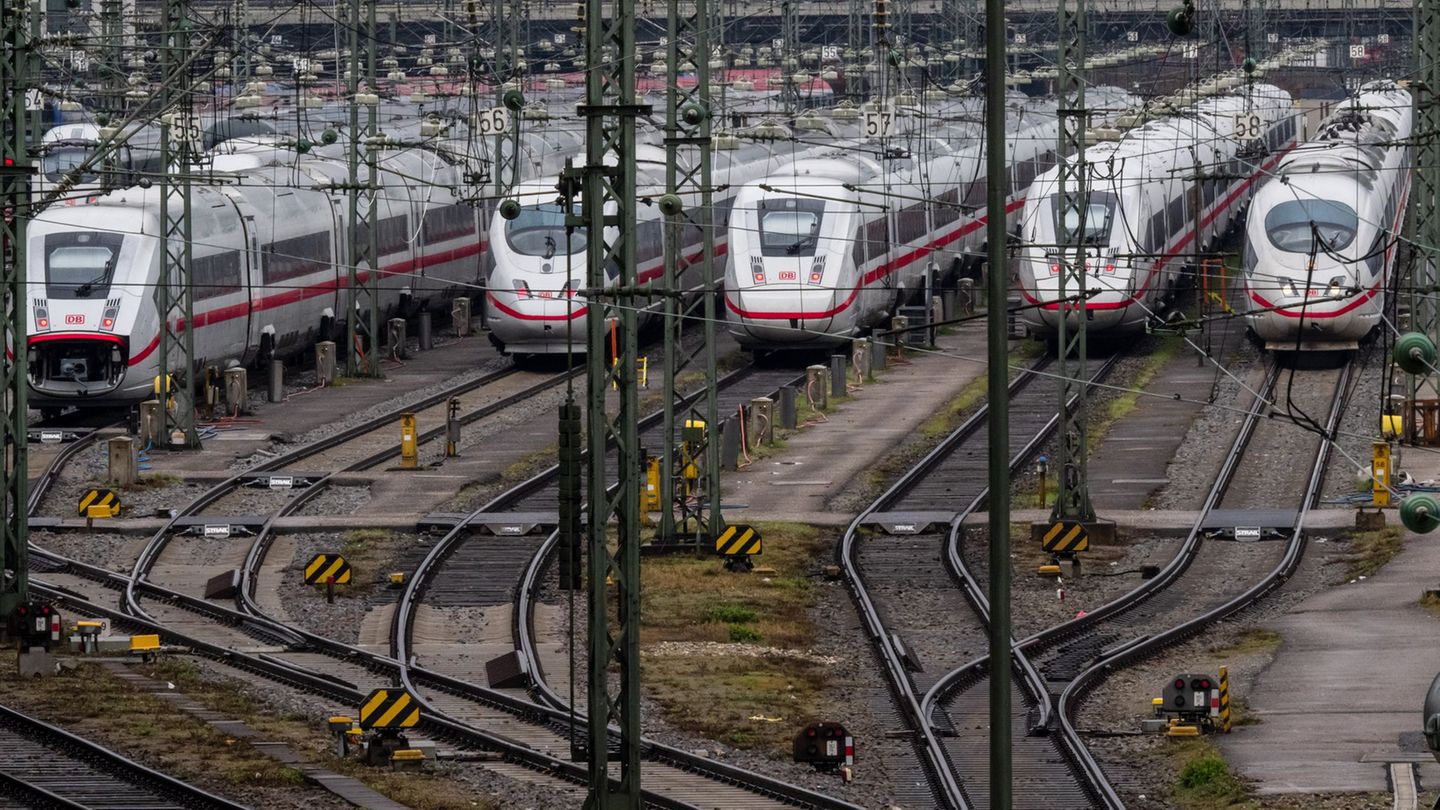EU countries have been criticizing cheap grain from Ukraine for months. Poland, Hungary and Slovakia have now taken measures independently. In Brussels, this does not meet with much approval.
The EU Commission is critical of the import bans on grain from Ukraine imposed by Hungary and Poland. When asked on Monday, a spokeswoman for the Brussels authority emphasized that trade policy falls under the exclusive competence of the EU and that unilateral measures are therefore not acceptable. It was said that further information was requested in order to be able to assess the situation. In difficult times it is important to coordinate all decisions within the EU.
Poland and Hungary recently banned grain imports from Ukraine. The leader of the Polish Law and Justice Party (PiS), Jaroslaw Kaczynski, initially justified the move with market distortion. An official statement from the responsible ministry then cited health concerns about pesticide residues as the reason.
Farmers in several eastern EU countries are facing disproportionate competition from war-time duty-free imports of large quantities of Ukrainian grain. On Friday, Slovakia banned the sale of Ukrainian wheat as food and animal feed, citing the Ukrainian wheat’s alleged presence of pesticides. It was announced on Monday that a temporary import ban on Ukrainian grain and other commodities such as dry animal feed, seeds and hops had been imposed. Transit to other countries should not be affected.
topic for a long time
The topic was already on the agenda of the EU agriculture ministers in January. At a meeting in Brussels, criticism was voiced by countries such as Bulgaria, the Czech Republic, Hungary, Poland, Romania and Slovakia. Among other things, there was talk of serious difficulties for farmers if imports from Ukraine were not restricted.
In February, the EU Commission proposed suspending tariffs on imports from Ukraine for another year. The EU states must agree to a renewed extension. The trade facilitation is currently in force until June. They are intended to help the country’s economy.
In order to prevent negative consequences for farmers from the EU, however, a new protection mechanism is planned, as the EU Commission announced. In case of doubt, certain tariffs should be able to be reintroduced quickly.
Almost three weeks ago, almost 60 million euros in agricultural aid from EU funds had already been decided for countries such as Poland, Bulgaria and Romania. Another aid package is in the works. One hopes to be able to present a proposal in the coming days, said a spokeswoman for the EU Commission on Monday.
Actually intended as a transit aid
Ukraine is one of the world’s largest grain exporters. After the Russian war of aggression began, Poland and other countries in the region offered to help transit Ukraine’s grain to third countries as Russia blocked traditional Black Sea trade routes. But there is a problem with the onward transport.
An extension of the grain agreement between Ukraine and Russia, mediated by Turkey and the UN, is currently being discussed. After the start of its war of aggression against Ukraine, Russia had blocked the neighboring country’s Black Sea ports for months, which was ended by the agreement, which expires in mid-May. Kremlin spokesman Dmitry Peskov said on Monday that the prospects for an extension of the agreement were “not rosy”. Russia complains about EU sanctions restricting its own grain and fertilizer exports.
Source: Stern
I have been working in the news industry for over 6 years, first as a reporter and now as an editor. I have covered politics extensively, and my work has appeared in major newspapers and online news outlets around the world. In addition to my writing, I also contribute regularly to 24 Hours World.




